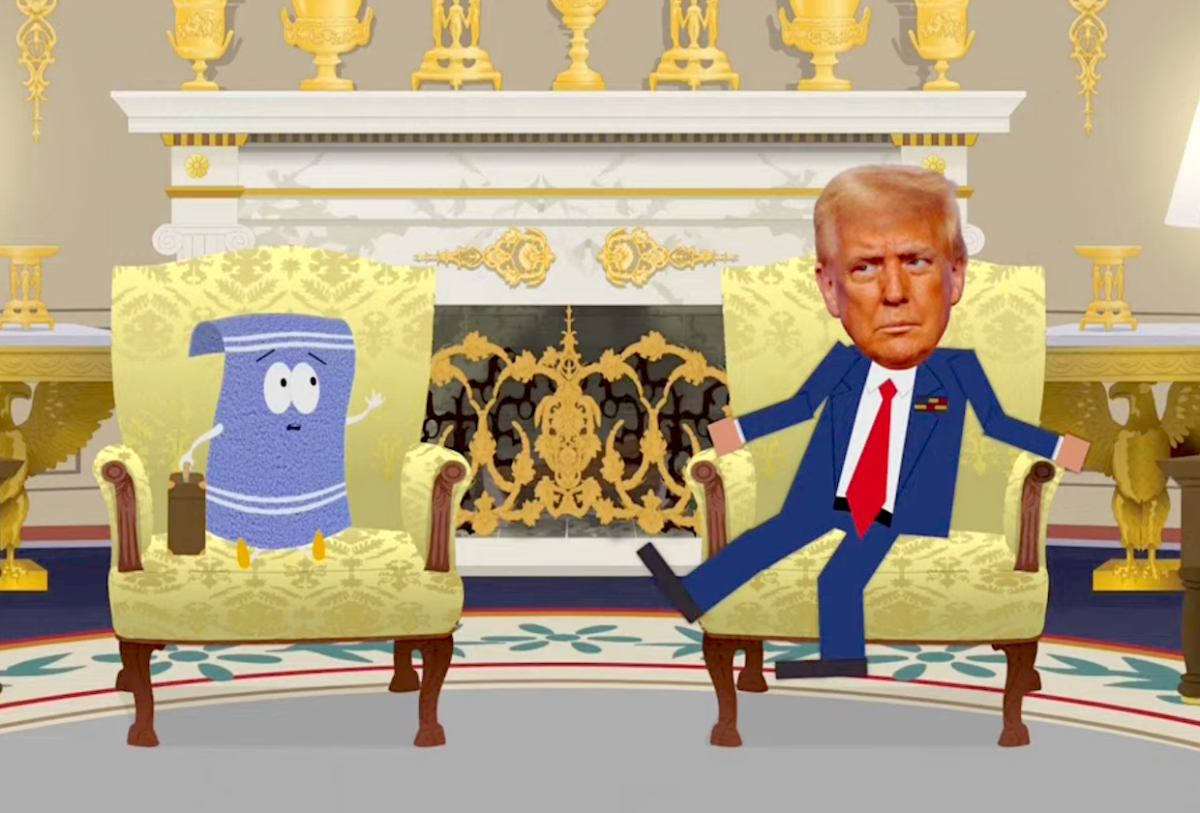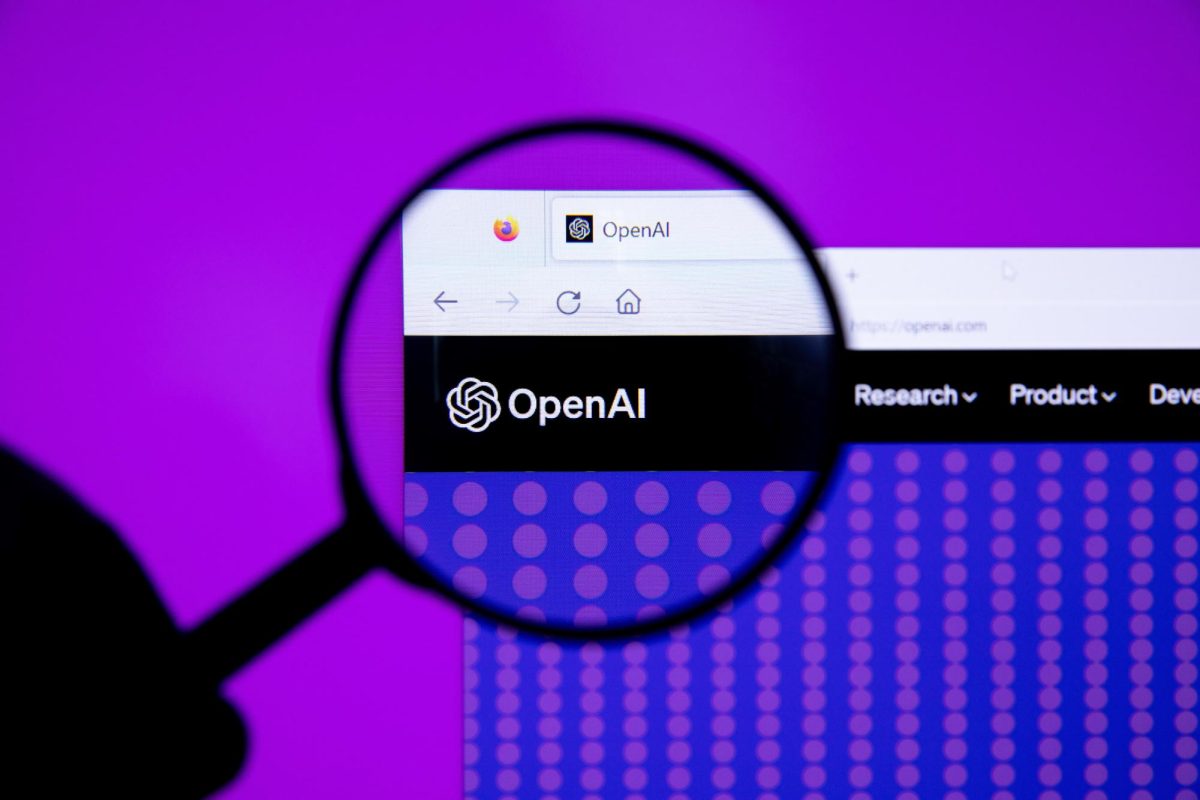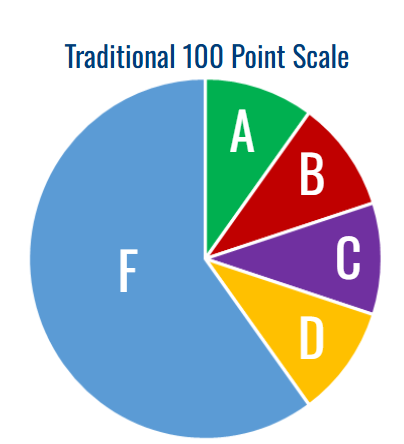“I’m going on down to South Park,” is the opening line heard by millions of people for an adored show for over 28 years now. This inviting introduction of the series welcomes people to the small, fictional Colorado town with stories that twist everyday news and pop culture into pure shock humor.
The recent storylines of the current season dive heavily into issues that feel impossible to escape. From the evident rise of artificial intelligence or the never-ending debates about politics and culture, the writers take real issues and exaggerate them to a point of absurdity or pure shock. Not only does it leave viewers laughing to the pit of their stomach, but it also leaves them thinking about the real situations happening beyond the screen.
What continues to set South Park apart from the other adult cartoons is its timeliness. New episodes are written and animated in a matter of days, making the most recent episodes have breaking news. The immediacy gives the series a feeling of being in on the joke rather than talking about it from the outside.
The comedic values remain as sharp as ever. Instead of slowly building towards the message, the writers throw the main characters into extreme situations that exaggerate a problem to the max. A character like Cartman may misuse technology or exploit something and/or someone for personal gain, while the results are exaggerated, they highlight real concerns about how people approach these situations in real life. For instance, the most recent episode, “Sickofancy,” that aired, focuses on artificial intelligence in which Randy Marsh attempts to run his farm with the help of ChatGPT. His blindness led him to multiple mistakes, following the AI, from bad business decisions to mortgaging the farm and eventually being forced to sell. The story is exaggerated for comedic effect, but it mirrors the real-world problems about the overreliance on AI services.
This season also signals a shift in how South Park handles political figures. For years, the show used the character of Mr. Garrison as a stand-in for Donald Trump. This approach allowed the writers to exaggerate Trump’s behavior through a familiar face, but in this new season, they’ve finally chosen to show Trump with his actual face. It’s a notable change that suggests the creators, Trey Parker and Matt Stone, want to engage with him directly rather than through metaphor. The choice gives the show a sharper edge, making it clear that the target is no longer the portrayal, but the figure himself.
The political influences of this show are also a pillar in its success. Instead of continuously being biased, it is produced to make fun of all perspectives. The newest episodes keep with that trend, showing how contradictions and flaws exist across the whole spectrum. For some viewers, this is seen as harsh, but for most, it is a refreshing break to see everyone being made fun of.
The challenge of successfully balancing crude humor and critiquing culture is what has allowed the series to remain so relevant after most animated comedies have faded. Viewers may watch for the deep laughs and relevant humor, but many stay because the writers often say something real about what is going on in our world.
As this season continues, South Park once again proves why it has been such an icon in pop culture for nearly 30 years now. It doesn’t lecture, and it doesn’t take itself seriously, but it still manages to capture the frustration, absurdity and clear eccentricity of modern-day America. By laughing at the problems people argue about constantly, South Park shows that humor can be the clearest way to make sense of the world.



















